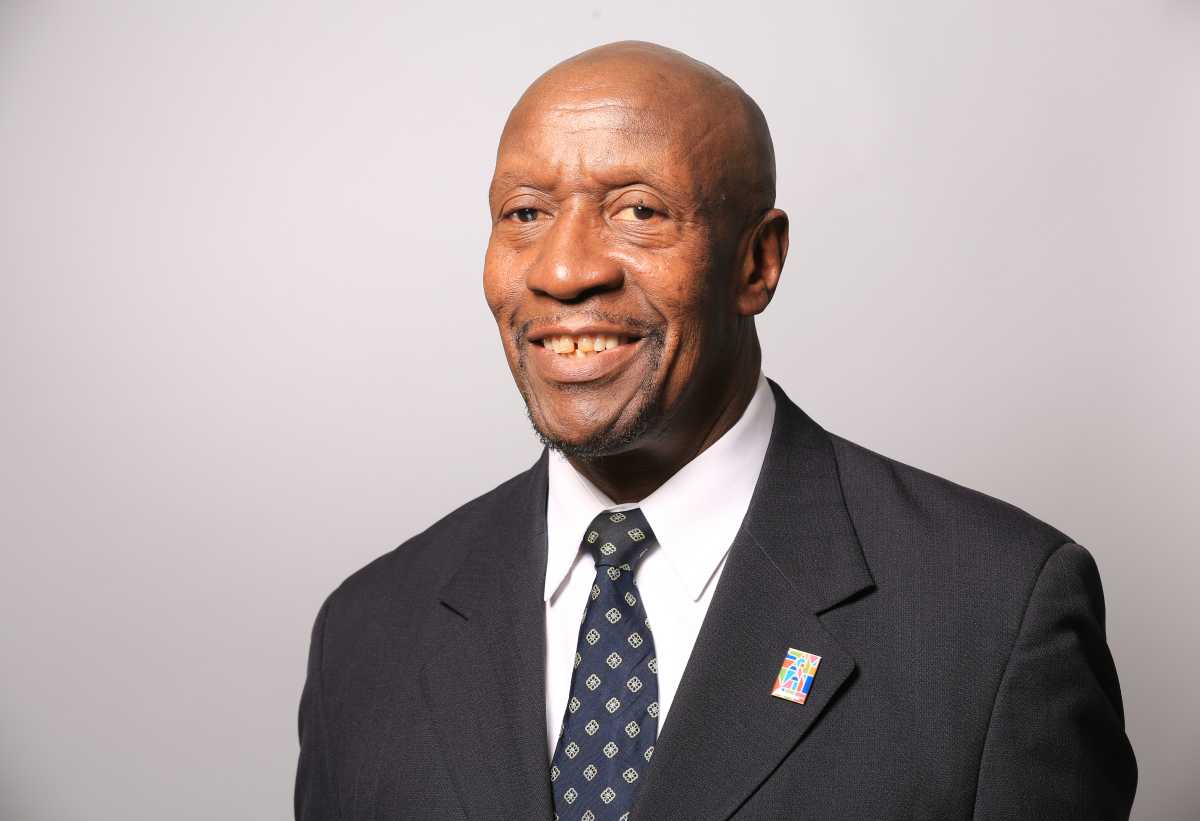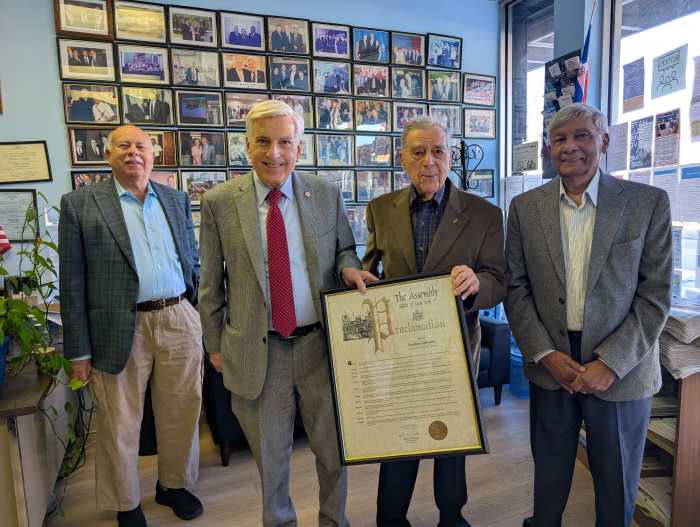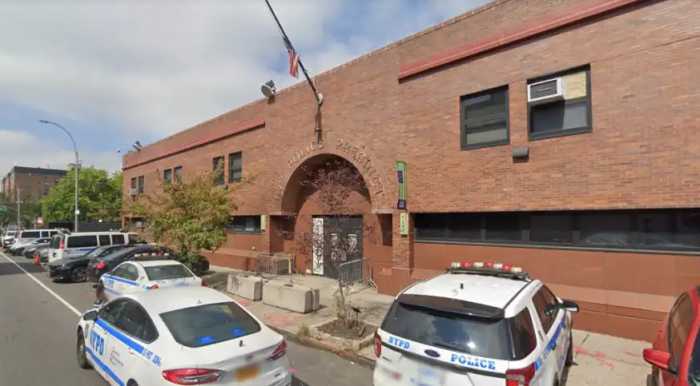Words matter to Roy Kearse. The author of “Poems from Recovery” chronicles his nearly 40-year journey from hardened criminal and drug addict to, as he puts it, “recovery and discovery.”
A lost youth since he first dabbled in drugs at the age of 13, Kearse became a full-blown addict to heroin by the time he was 15. After 13 trips to detox and an equal number of arrests, Kearse “hit rock bottom” on the roof of his mother’s house in a failed suicide attempt.
Today Kearse is Vice President of Recovery Services and Community Partnerships at Samaritan Daytop Village, the Briarwood headquarters of one of New York’s largest health and human services non-profit organizations.
“I was a full-blown knucklehead, I think that would adequately describe me,” Kearse said. “I was going through a constant revolving door of getting released from prison and going back to my community a high school dropout with no job. It would always lead me back to the criminal element and drugs.”
Kearse says it was 1980 when he “came out of the rain” and began to educate himself, first earning a GED and then a Bachelors Degree at York College in Jamaica and on the graduate school at Fordham.
“I wanted to be the first one from my family to ever earn a Master’s Degree but I needed help with the cost,” Kearse said. “I worked at a Jewish organization called The Educational Alliance on the Lower East Side and I wrote a letter to the board of directors and each of them put up a thousand dollars to send me to Fordham.”
He continued to work for The Educational Alliance for years until the 9/11 attacks at the Twin Towers.
“Every day I would come off the F train at the East Broadway station and see those Twin Towers but that morning seeing them in flames, trying to help people who made it out and then the collapse,” Kearse paused. “Later I saw images of 9/11 on the news and I began crying. I realized I had been traumatized and had to relocate. So I left Manhattan for a job at Samaritan Daytop Village in Queens and I’ve been here for 18 years.”
Kearse attributes part of his success, and his own recovery, to the beautiful confluence of rhyme, meter and verse that is poetry. He has a poem for everything in his book, from his family, his faith, his work, his journey to recovery. In one poem called “The Path is Clear,” he writes:
Brothers and sisters, the path has not always been clear
Especially when we were living a life that we engulfed in fear.
The path was not clear the first time we got high
Waking up in a crazy fog and wondering why.
The path was not clear as we began to beg, borrow and steal
Doing anything to get the drug that would help us not to feel.
By opening our hearts and beginning to trust
We can truthfully say the worst is now behind us.
Now we can say the path is clear
Now we can say we have nothing to fear.
We have the ability to change the world one addict at a time
But to do that, recovery has to be about more than a rhyme.
It has to be more than just some well-meaning feeling
It has to, at its core, be all about the business of healing.
Kearse reads his poems to addicts in recovery, to prisoners, and to lawmakers in Albany.
“There is an opioid epidemic sweeping this country and addiction doesn’t discriminate,” Kearse said. “People pay attention when overdoses are up and crime is up and we end up taking a law enforcement approach but that solves nothing. “For almost 40 years I’ve been helping people recover and I don’t say that to self-aggrandize myself. My story is also a story of the hundreds of people who helped me, who gave me the resources for my recovery. I became educated, I work and pay taxes, I support my wonderful wife and five children. I contribute to society instead of languishing in jail. The key to turning this current crisis around is not just getting individuals sober, it’s to keep them sober so they can be part of the fabric of their community.”



































